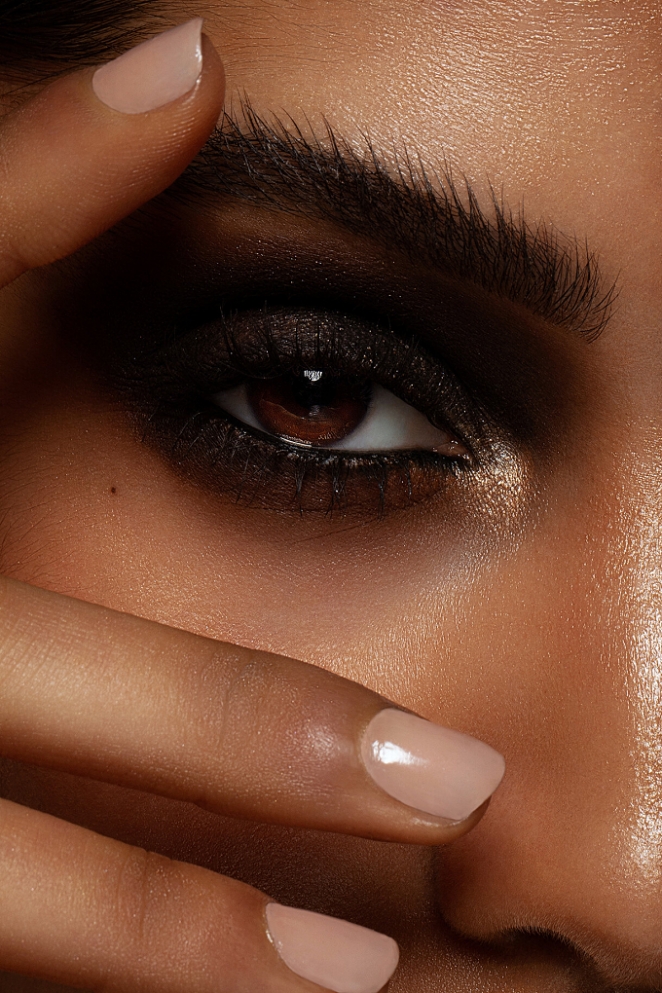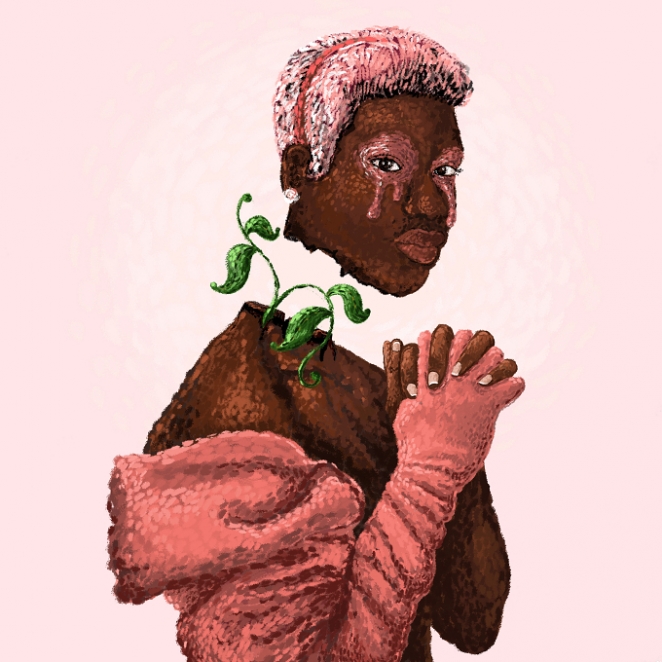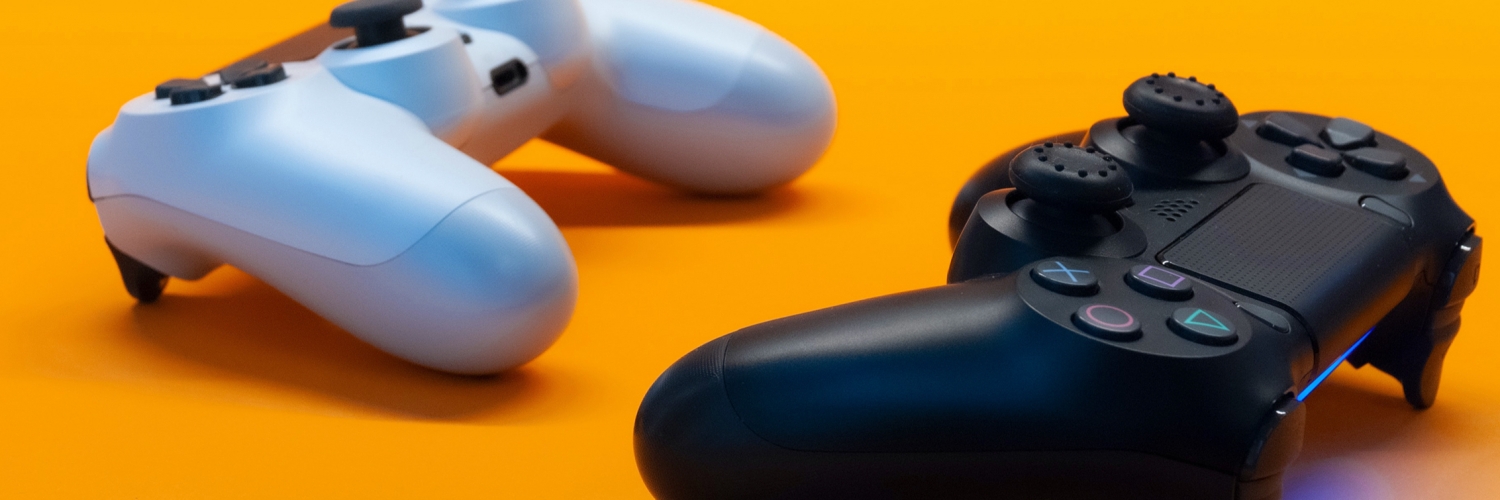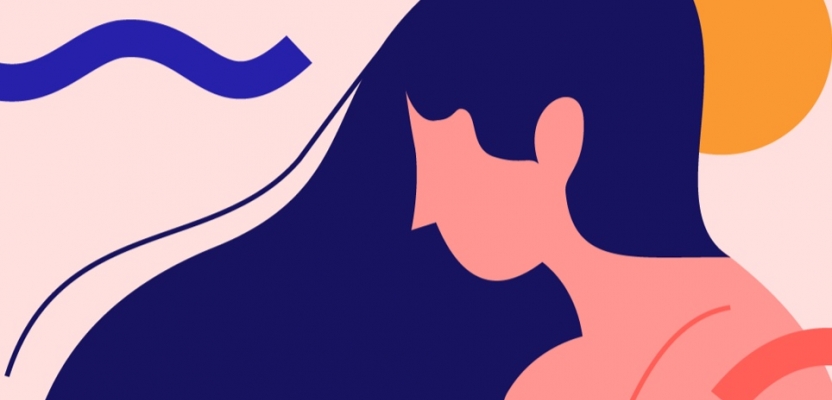Years after finishing my studies, I find myself still thinking about all the amazing figures and inspiring creatives I studied for Italian Literature. From Petrarca to Dante, Foscolo and Leopardi, most of my childhood and teenage years were spent studying loads of poetry and prose – something a lot of Italians can certainly relate with.
But there was one thing all of these writers and poets had in common, something that, when I started studying foreign literature too, I found in international writers just as well. The problem of the Poéte Maudit.
Some of the most famous creative figures in the history of mankind had some sort of a mental illness sooner or later. Depression, anxiety, sometimes schizophrenia and personality disorders – you name it. And today, 2020 and the Covid crisis have effectively proved that a link between creativity and mental health seems to exist, and it manifests itself at the most stressful of times.
But before we dive deep into the topic, a big shoutout to Monika Jurczyk, the author of the beautiful artwork you see as the header image. Check out her profile here on Creativepool if you have some spare time, I love her style so much!

Photo credit: Jordan Hayes
Creativity and Mental Health
Studies show that 1 in 4 people in the UK will suffer from some form of mental health issue. These odds are up to three times greater when it comes to creative professionals and the creative industry.
It is interesting for an industry that is mostly based about coming up with ideas and talking about them. Still, it is all too easy to talk about our creative ideas if we’ve been in the game for long enough – not so much to talk about ourselves.
In the advertising industry, creatives are at the intersection between businesses and consumers. A grave responsibility rests on our shoulders, as we are constantly expected to set the bar high and deliver amazing results for our clients. Whether you are a freelancer or an employed professional, feelings of loneliness, anxiety and depression are, sadly, quite common for you to experience. In the worst cases, these mental health issues can translate into attention deficit disorders, or even personality and bipolar disorders. It is, then, quite important to catch them early on.

Image credit: Christopher Dowding
Why are creatives more vulnerable?
Imagine this: in order to work efficiently, a lot of creatives need to enter their own bubble. They need to isolate, then emerge when they’ve come up with something that works. This leads to most creatives working in solitude (especially if they freelance) or in very small teams (even within companies). While this may sound like an Eden for introverts, I can assure you things are a bit more complicated than that.
Introverts, too, need to socialise every once in a while. The fact we love being alone doesn’t mean that we don’t need social contacts – we just get social tiredness more easily than others. And since a lot of introverts tend to fall into the trap of the Impostor Syndrome, leaving us alone with our own head can be quite challenging for us to handle.
Enter Covid-19, and creatives are now more isolated than ever. Creativity is boosted by positive moods, and when those get tuned down by the circumstances, we enter a co-dependent spiral in which our creativity gets worse, and in turn our mental health gets worse, and in turn our creativity gets even worse, and so on.
There is a lot of pressure on creative professionals, and because of our very nature, we tend to feel that quite a lot.
This is not to say that we, poor little daisies, need more care and attention than any other professional out there. But there is a link between creativity and mental health, and leaders in the industry should be aware of that nonetheless.

Artwork credit: Dhwani Gosalia
What to do?
The best thing for a creative leader to tackle this issue is to talk more. As mentioned, we’re all good and well talking about our own ideas – in fact, we could go on for hours, if we think it’s a good one. But when it comes to talking about ourselves, or how we feel, we will always need that extra push.
Even if you are not a leader in your team, but you see a co-worker struggling with something, try to go the extra mile and ask them how they’re doing. Be sincere – not just in passing when you see them at the beginning and the end of the day. Reaching out to offer help can be just as challenging as asking for help – but if your guts tell you to do so, you should listen. Just ask, just in case. It’s the best thing you can do for your creative pal – and perhaps, he can help you get through a tough time when it’s your turn.
Ask "how are you?" more often
Especially in these stressful times, we should all offer and show support to those who seem to be struggling the most. Even as we ease back into a new normal, we need to keep fostering and building towards those good habits. If anything, Covid-19 reminded us that we are all human, and we are all here for each other. Or, at least, that’s the way it should be.
It’s interesting, when you think about it. A virus that was supposed to keep us further apart than ever actually pushed us closer to each other. Outside of meeting rooms and board rooms, outside of briefs and deadlines and year-long projects – that’s, I hope, where the true spirit and soul of the creative industry resides. The kind of humanity that we all would like to see more in the world.



